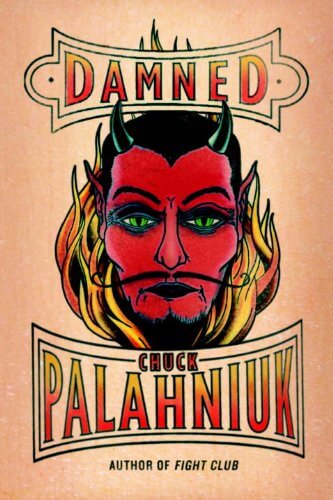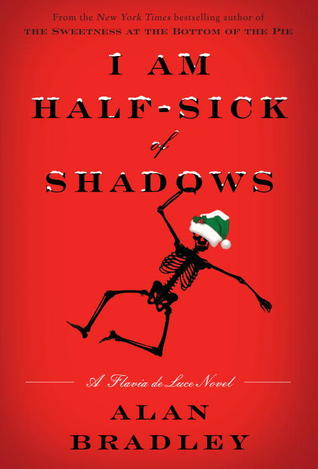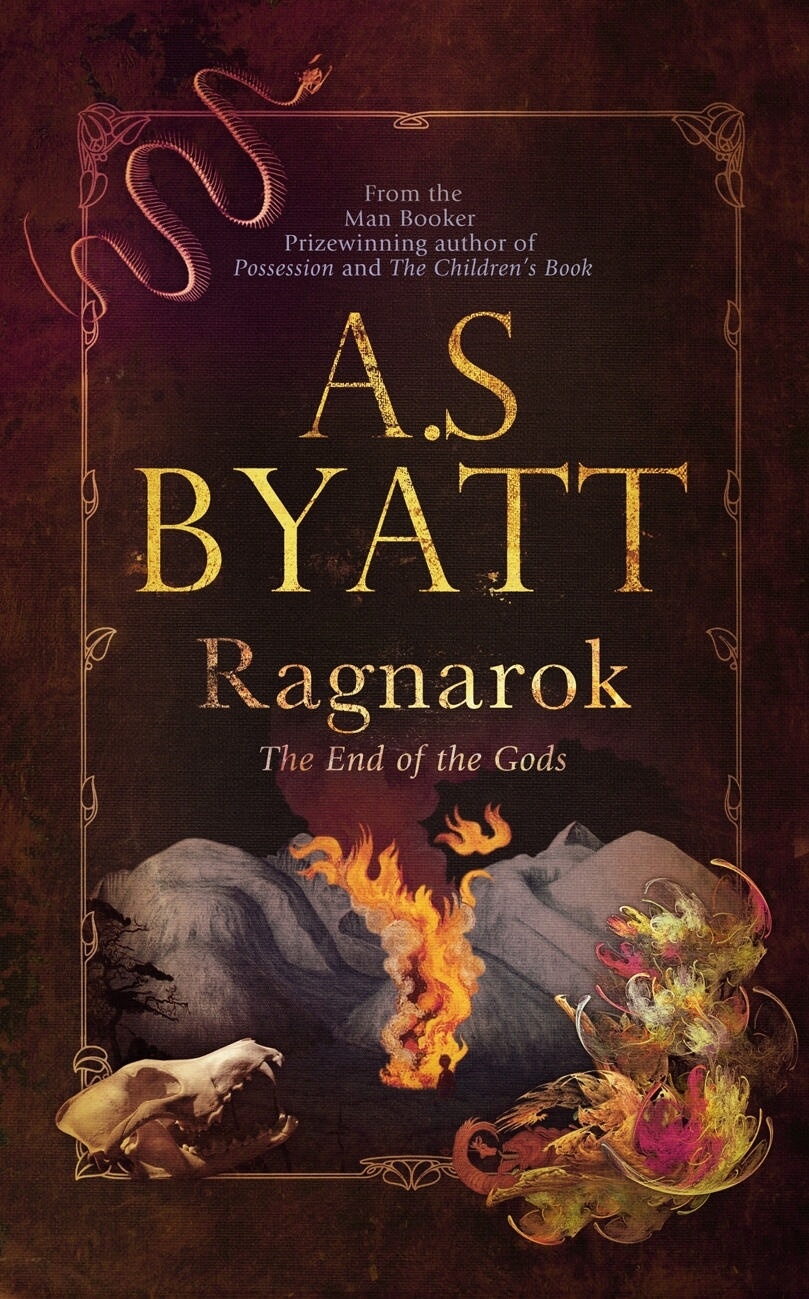Drifting House by Krys Lee is a spare, lyrical, heartbreaking collection of short stories about the Korean and Korean diaspora experience. The book presents a mosaic, each tile a sad portrait of unique characters and a different set of difficulties.

“At home it is impossible to see Hana in her mother’s fat folds of flesh that smother with each hug. There are only the skirts of her mother’s stiff silk hanbok scraping against her cheeks. She says, My little genius! You’re as good as any of our boys.
“Mrs. Song’s professions of love echo as loud as threats.”
Drifting House, by Krys Lee
Drifting House by Krys Lee is a spare, lyrical, heartbreaking collection of short stories about the Korean and Korean diaspora experience. The book presents a mosaic, each tile a sad portrait of unique characters and a different set of difficulties.
Lee’s stories use the political upheaval of North and South Korea and the personal upheaval of leaving your home country behind you and going somewhere new as a backdrop for heartbreak, threading ideas of ritual and tradition throughout to give her characters’ lives structure. The first story, “A Temporary Marriage,” sets the tone for the collection: Mrs. Shin saves up money for three years in order to leave Seoul and go to California, chasing after her abusive husband, who has used his money and power to abscond with their small daughter and his mistress. The story focuses not just on the difficulties Mrs. Shin has in getting the American police to take her seriously, but also on the length of time it took to gather the resources to leave South Korea, the arrangements with Mr. Rhee to create a fake marriage in order to stay in the US, and the affair she settles into with her strange false husband. The story ends with pain, heartache, and no real resolution, as messy as real life.
The collection includes several standout stories, all in the middle of the book. Continue reading “Endless heartbreaks: a review of Drifting House by Krys Lee”







